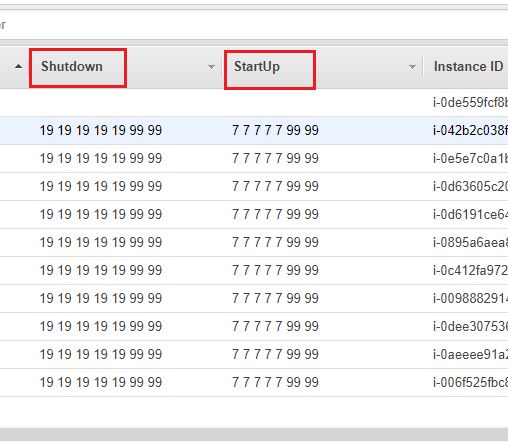Restore a Backup (SQL Server)
Prepare
ALTER DATABASE [DataBaseName] SET PARTNER OFF;
GO
ALTER DATABASE [DataBaseName] SET SINGLE_USER WITH ROLLBACK IMMEDIATE
GO
DROP DATABASE DataBaseName;
GO
Backup
exec msdb.dbo.rds_restore_database
@restore_db_name='SitecoreMaster',
@s3_arn_to_restore_from='arn:aws:s3:::myinstallfiles/SitecoreMaster.bak';
Check Status
exec msdb.dbo.rds_task_status
